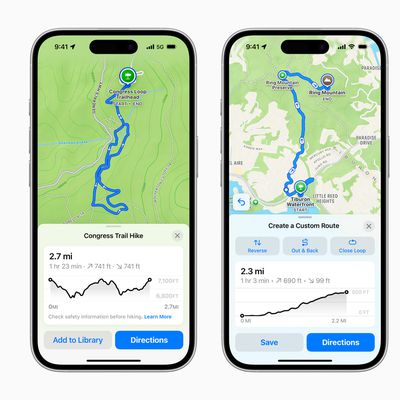A bug in WebKit's implementation of a JavaScript API called IndexedDB can reveal your recent browsing history and even your identity, according to a blog post shared on Friday by browser fingerprinting service FingerprintJS.
![]()
In a nutshell, the bug allows any website that uses IndexedDB to access the names of IndexedDB databases generated by other websites during a user's browsing session. The bug could allow one website to track other websites the user visits in different tabs or windows, as the database names are often unique and specific to each website. The correct and normal behavior should be that websites can only access their own IndexedDB databases.
In some cases, websites use unique user-specific identifiers in IndexedDB database names. For example, YouTube creates databases that include a user's authenticated Google User ID in the name, and this identifier can be used with Google APIs to fetch personal information about the user, such as a profile picture, according to FingerprintJS. This personal information could help a malicious actor to determine a user's identity.
The bug affects newer versions of browsers using Apple's open source browser engine WebKit, including Safari 15 for Mac and Safari on all versions of iOS 15 and iPadOS 15. The bug also affects third-party browsers like Chrome on iOS 15 and iPadOS 15, as Apple requires all browsers to use WebKit on the iPhone and iPad. FingerprintJS has a live demo of the bug that indicates older browsers like Safari 14 for Mac are unaffected.
FingerprintJS noted that no user action is required for a website to access IndexedDB database names generated by other websites.
"A tab or window that runs in the background and continually queries the IndexedDB API for available databases can learn what other websites a user visits in real-time," the blog post said. "Alternatively, websites can open any website in an iframe or popup window in order to trigger an IndexedDB-based leak for that specific site."
Private browsing mode does not protect against the bug in affected Safari versions.
Users will need to wait for Apple to address the bug with software updates — we've reached out to Apple to see if a fix is planned. In the meantime, Safari 15 users could temporary switch to a different browser on the Mac, but this is not possible on the iPhone or iPad since all browsers are affected by the WebKit bug on those devices.
The bug was reported to the WebKit Bug Tracker on November 28. More details can be found in FingerprintJS's blog post, reported earlier by 9to5Mac.
Update: Apple has prepared a fix for the bug, according to a WebKit commit on GitHub, but Apple still needs to release macOS and iOS updates with an updated version of Safari before the fix is available to users. Apple declined to provide a timeframe.





















